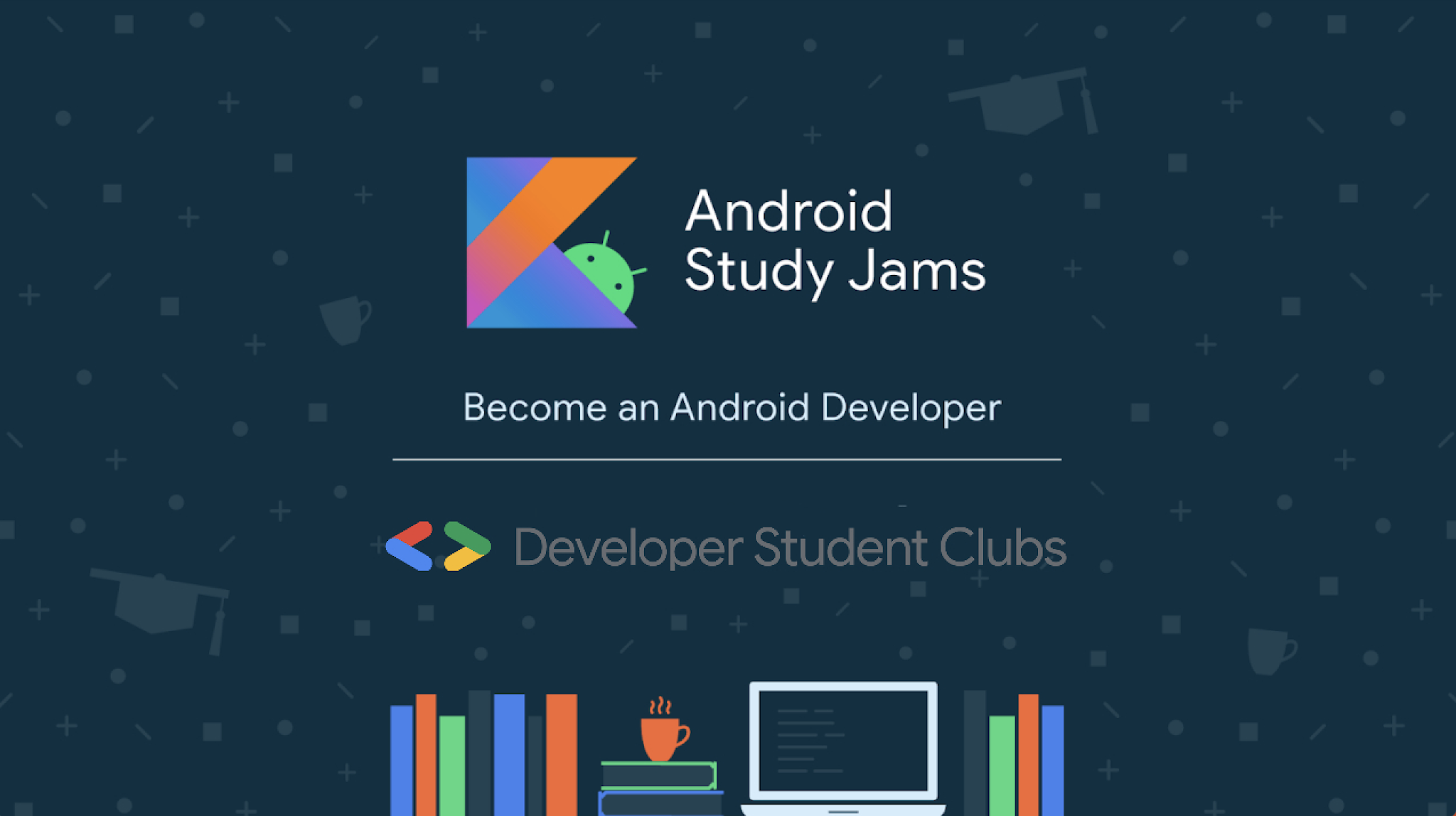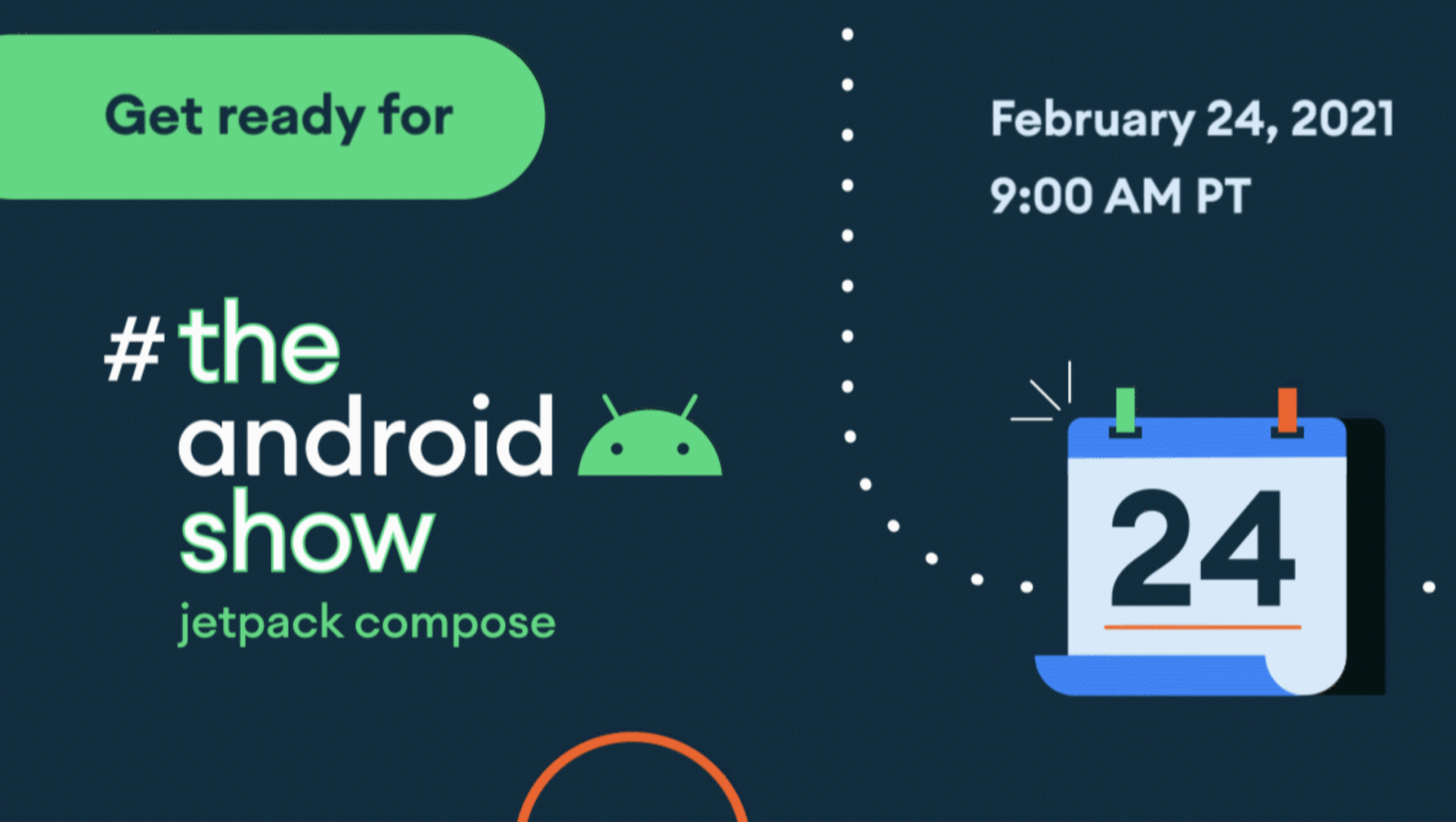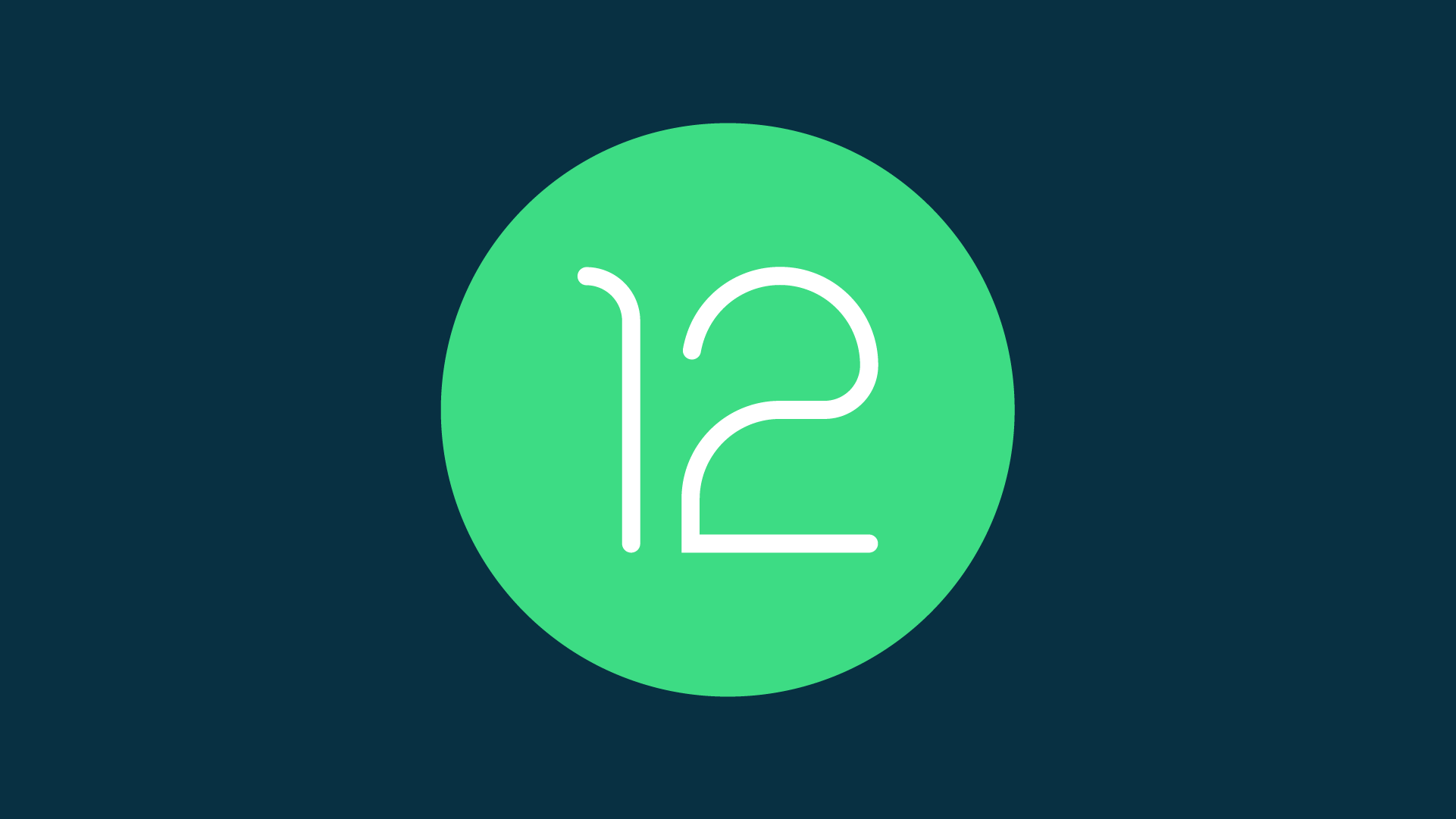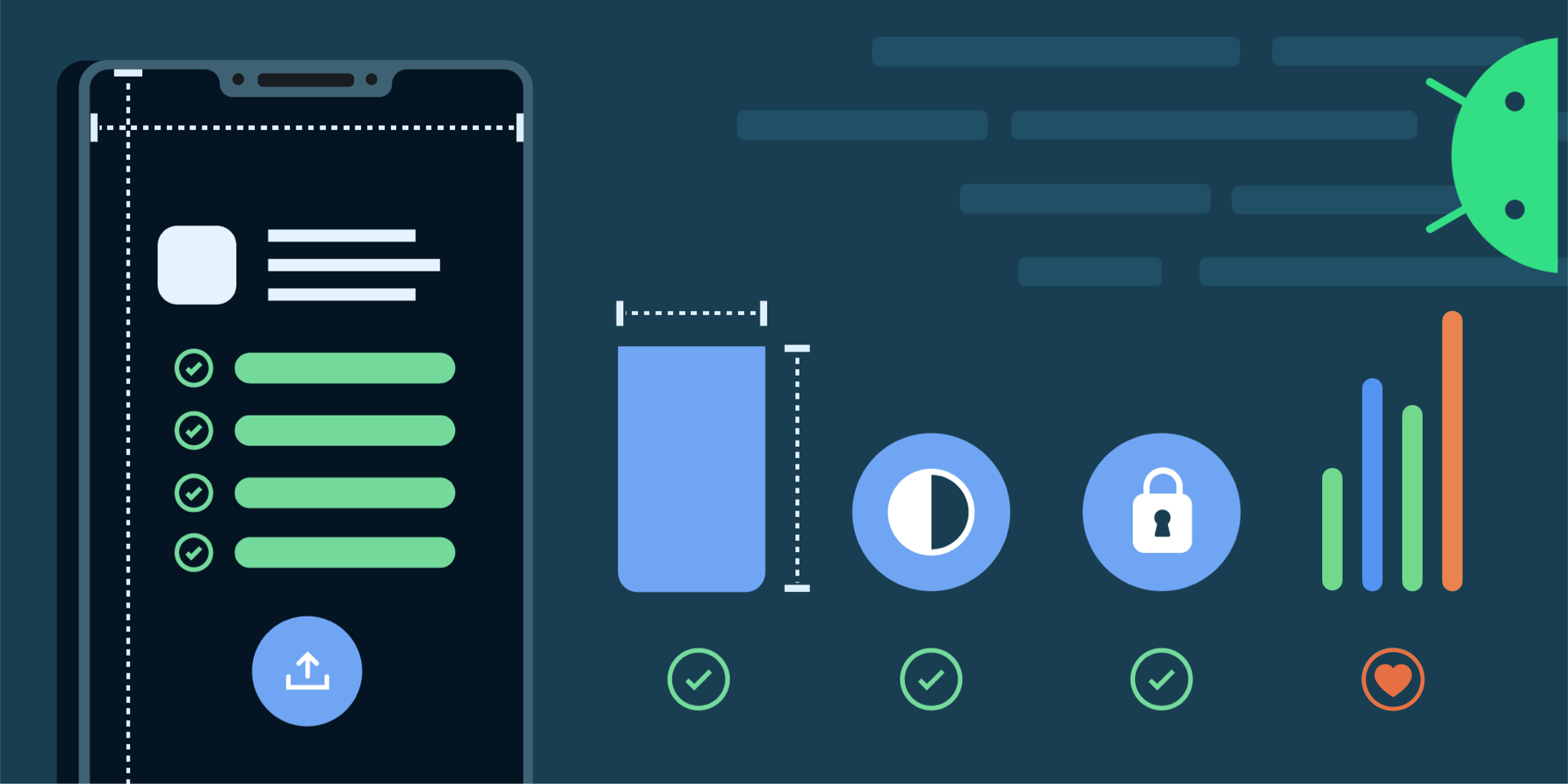#AndroidDevJourney spotlight - February edition
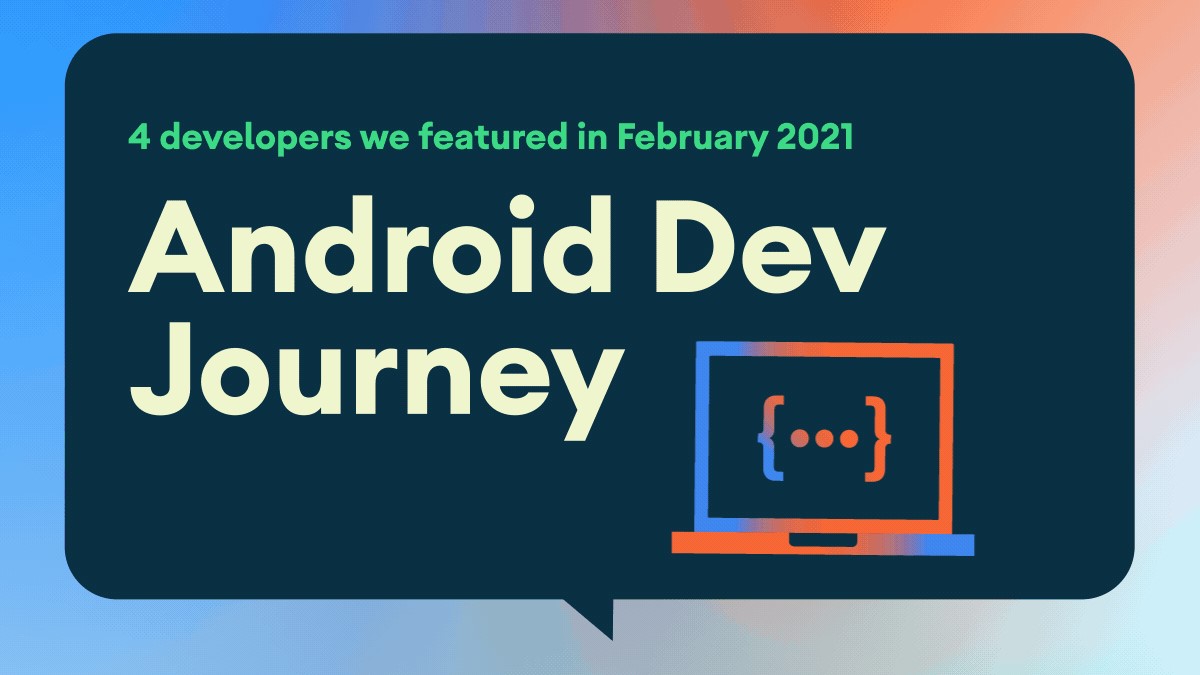
Luli Perkins , Developer Relations Program Manager Our second edition of #AndroidDevJourney is here! At the beginning of this year we launched the #AndroidDevJourney to share the stories of members of our community through our social platforms. Each Saturday, from January through June, we’ll feature a new developer on our Twitter account . For a chance to be featured in our March spotlight series, tweet us your story using #AndroidDevJourney. Andrew Kelly Tell me about your journey to becoming an Android Developer and how you got started. In 2012 I was working as a contractor for the NSW government here in Australia as a Java J2EE web developer. I'd been in that role for 11 years, building web apps for students and teachers. However, in 2012 the government decided that contractors were expensive and let us all go. So while in my hand-over period I'd read about some kids who were writing Android apps and making lots of money doing so. The Android Market was new and so any ap...
